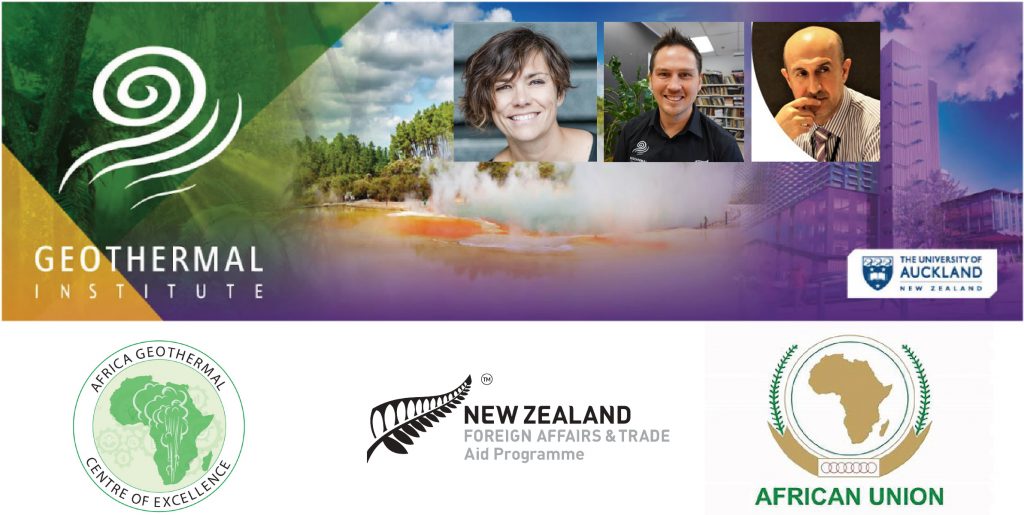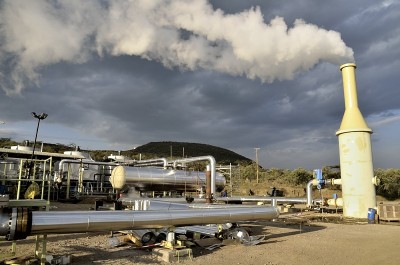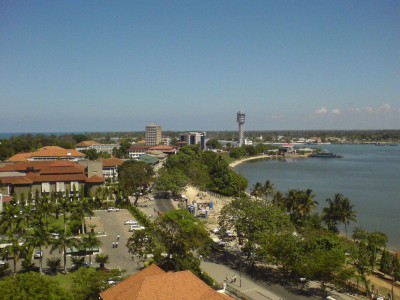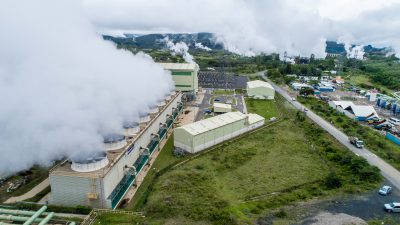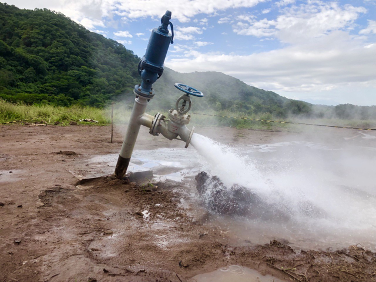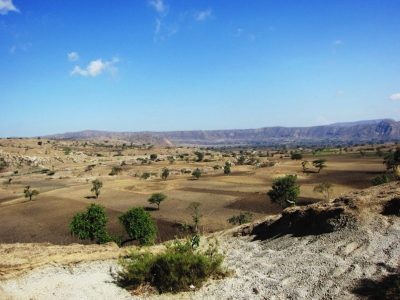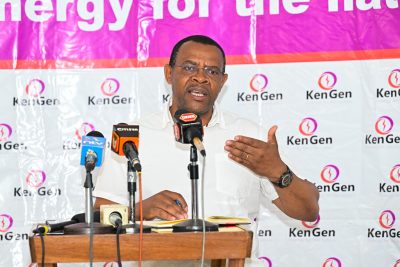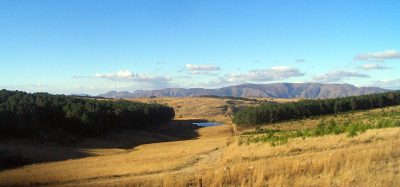East African Geothermal Facility Webinar Series; Week 2- Resource
Registration is open for Week 2 of the East Africa Geothermal Facility Webinar Series on the topics of Supercritical Geothermal, Resource Assessment, and Well Testing.
Recordings for Week 2 of the East Africa Geothermal Facility Webinar Series will soon be available for download. Week 2 deals with Resource – the different types of geothermal resources and how they are evaluated. To access the webinar recordings, please register via this link.
There will also be a live Q & A session with the presenters of these webinars on Thursday, 1 June 2023, 11 AM (East Africa Time).
The East Africa Geothermal Facility Webinar Series will run for four weeks from May to June 2023. It is being organized by the University of Auckland Geothermal Institute and the East Africa Geothermal Facility. More details on the East Africa Geothermal Facility Webinar Series along with the schedules and registration links for the rest of the webinars are available in a piece we had previously published.
A separate piece provides details on Week 1 of the webinar series.
For any questions about the event, please contact Program Coordinator Theo Renaud (theo.renaud.@auckland.ac.nz).
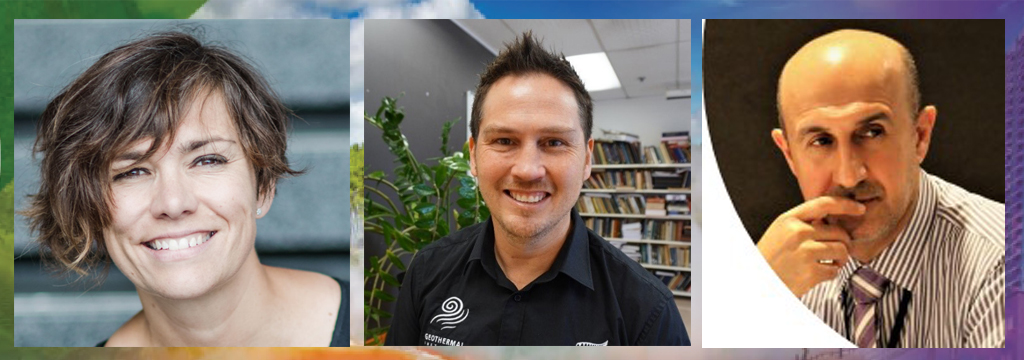
Webinar 4 – Supercritical resources
Supercritical geothermal fluids (>5 km, >400°C) are expected to offer more energy than geothermal fluids found at current depths (~3.5 km) and reservoir temperatures (<350°C). To utilise these in a sustainable way, a greatly enhanced scientific understanding is needed to realise the potential of supercritical resources and offer industry-ready solutions. Supercritical water at 400°C contains five times as much energy as water at 200°C.
Supercritical resources offer a near-limitless energy supply and new investment opportunities. This future includes a decarbonised electricity system with vastly improved environmental performance.
Speaker: Isabelle Chambefort (I.Chambefort@gns.cri.nz)
Isabelle’s research centres on the magmatic hydrothermal geochemical transition in hydrothermal systems in volcanic arcs. Her expertise covers the fields of igneous petrology, fluid, and gas chemistry; magmatic-hydrothermal ore deposits; magmatic volatile exsolution and chemistry; geological stratigraphy and evolution reconstruction; volcanic-hosted hydrothermal systems and water-rock mineral interaction.
Webinar 5 – Resource Assessment – Traditional Approaches and New Methods
The economic viability of harnessing geothermal energy is dependent on the size of the energy resource. However, determining the energy potential of a geothermal reservoir is generally uncertain and inaccurate due to a low availability of data. The estimation of the energy resource is often done by calculating the stored heat capacity of the reservoir, using temperature measurements and information on the rock properties. However, these estimations of the geothermal energy resource are approximate and uncertain, relying on a poorly defined recovery factor.
Advances in geothermal reservoir modelling and uncertainty quantification allow us to give a better estimate of the energy resource of a geothermal field. New methods for resource assessment uses the same data that are available for a traditional stored heat calculation but also includes reservoir physics, wellbore physics and realistic energy extraction scenarios to provide a more accurate forecast. The methods can be applied in less than a month using widely available cloud computing resources.
Speaker: John O’Sullivan (jp.osullivan@auckland.ac.nz)
Dr John O’Sullivan is Co-Director of the Geothermal Institute and he teaches in the Masters of Energy course and supervises Masters and PhD research projects at the Institute. He specialises in using geothermal modelling to support strategic decision making, developing innovative modelling approaches for solving real-world problems and knowledge transfer of geothermal technology.
He is committed to the sustainable growth of global access to geothermal resources by helping to deliver successful projects through effective training, new research and by applying best practices in geothermal reservoir engineering and modelling.
Webinar 6 – Geothermal well testing
Geothermal well test analysis is undertaken during drilling and/or after the completion of well drilling. These tests are designed to understand the well conditions after drilling, reservoir permeability, the down hole pressure and temperature distribution and the potential productivity and injectivity of the new well.
Geothermal well testing commonly utilises techniques developed for the petroleum and groundwater industries. These techniques often do not provide accurate results when applied to geothermal data. Therefore geothermal well test analysis has been a combination of science and art when interpreting well test data.The webinar will give an overview of geothermal well test analysis and the advanced new numerical techniques that are widely adopted by the industry.
Speaker: Sadiq Zarrouk (s.zarrouk@auckland.ac.nz)
Sadiq J. Zarrouk is Co-Director of the Geothermal Institute, an Associate Professor of Geothermal Engineering and the course director for the Postgraduate Certificate in Geothermal Energy Technology at the Department of Engineering Science, The University of Auckland, New Zealand.
Sadiq has extended research and commercial field experience in geothermal and reservoir engineering with more than 26 years of experience in geothermal energy training and research with more than 190 publications in journals and conference proceedings, three patents and two books.
Sadiq is an elected member of the board of directors of the International Geothermal Association (IGA) 2013-2020 and the New Zealand Geothermal Association since 2011. He is a member of the organising committee of the New Zealand Geothermal Workshop since 2006 and an Associate Editor to Geothermics since 2020.
